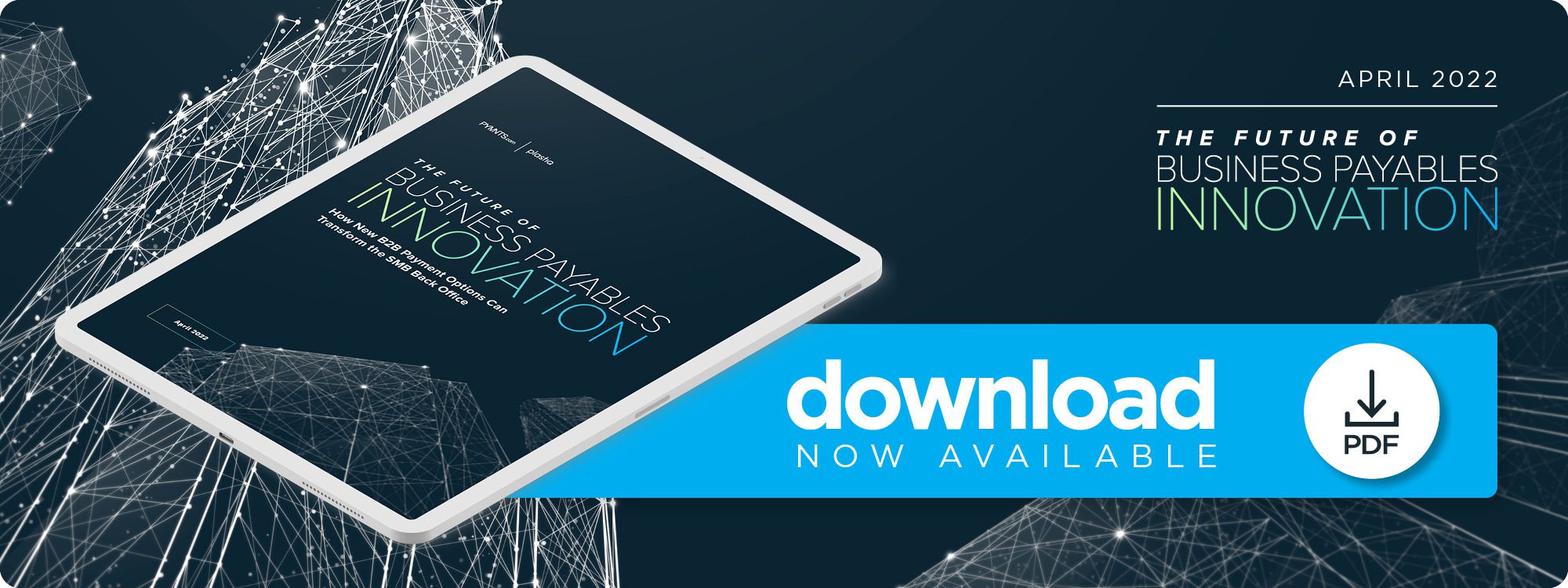This was an active week for BigTech, particularly for Apple and Microsoft, both facing new antitrust problems in Europe. In addition, Apple’s CEO once again stated publicly that new regulations that would open up its App Store put people’s privacy at risk. The week was less intense than previous ones for the crypto community, but with some developments. In the U.S., a race to the bottom may have started by which several states offer lax protections for consumers and investors hoping to benefit from the crypto revenue. Chinese authorities issued guidance about the use of non-fungible tokens. Last, the Consumer Financial Protection Bureau (CFPB) closed the deadline for submitting comments on its public consultation on “junk fees.”
Big Tech Moves the Needle Toward Privacy
In a speech to privacy professionals in Washington, D.C., Apple Inc. CEO Tim Cook warned that proposed antitrust legislation would make iPhones less secure and expose users to companies seeking to circumvent its privacy features. This is not the first time that the company raised privacy protection as a shield against antitrust concerns and Apple is not the only company raising this argument. Proposed antitrust legislation in the U.S. may offer some exemptions due to privacy considerations.
See: Apple CEO Tim Cook Warns New Antitrust Laws Will Put Consumer Privacy at Risk
Lina Khan, the chair of the Federal Trade Commission (FTC), stated on Monday (April 11) that it is time for the agency to “reassess” rules regarding what data companies can collect from consumers. She demanded that the companies’ privacy policies on the collection and use of consumer data be replaced with a new approach to consumer data protection. Khan didn’t go into much detail about how the new rules might be implemented.
Learn more: Regulation FTC Chair Wants to Step up Privacy Protection With New Rules
But Apple is still fighting antitrust probes. The European Union sent new charges in its investigation over music subscription services, following a complaint from Spotify. Last year, the European Commission accused Apple of stifling competition in the streaming music industry by imposing rules in its App Store that force developers to use Apple’s proprietary payment system and prevent them from informing customers about other payment options.
Read also: Apple Faces More EU Antitrust Charges Over Music Streaming Practices
Aruba SpA, an Italian cloud provider, and several Danish cloud providers have filed a complaint with the European Union’s antitrust watchdog, accusing Microsoft of undermining competition and limiting consumer choices in cloud computing services. Customers have frequently complained about having to pay more for Windows and Office when the programs are run on rival cloud computing systems to Microsoft’s Azure, a practice that, the complainants argue, demonstrates Microsoft’s power in one market to undercut competitors in another.
See more: Microsoft Facing Cloud-Based Antitrust Complaints in Italy, Denmark
Crypto Takes a Break With Paris Summit
After a few weeks of intense legislative and regulatory debates, the crypto community gathered in Paris for a two-day event. But this event didn´t stop regulators elsewhere to continue their work.
Pro-cryptocurrency legislation is roaring ahead from Florida to Wyoming, and in 80% of state capitals, propelled by the twin engines of a race to attract the jobs and investment that the young but cash-rich industry is dangling on the one hand, and a vacuum of federal regulation that it has been pleading for on the other. In this state-level competition to influence and attract, there are growing signs that consumer protections and anti-money laundering (AML) laws’ teeth are falling by the wayside
See more: As States Battle for Crypto Industry Dollars, Regulatory Race to the Bottom Starts
According to several media sources, three Chinese financial organizations released a unified statement on Wednesday (April 13) highlighting the hazards connected with non-fungible tokens (NFTs). China’s Internet Financial Association, China Banking Association, and China Securities Association have all issued recommendations aimed at limiting the usage of NFTs.
Read more: Chinese Banking Agencies Issue Guidance About NFT Risks
CFPB Continues Fight Against ‘Junk Fees’
After collecting more than 25,000 comments in three months, the Consumer Financial Protection Bureau (CFPB) on Monday (April 11) closed its public consultation on “junk fees.” The next steps aren’t clear yet, but rulemaking and enforcement actions are on the table. Credit card late fees could be targeted as the agency has the ability to lower the cap that companies use for these fees. On Wednesday, the agency published a blog post adding pressure on banks to reduce or eliminate overdraft or non-sufficient fund fees.
See more: CFPB Closes ‘Junk Fee’ Consultation With Credit Card Late Fees in Sight
——————————
NEW PYMNTS DATA: THE FUTURE OF BUSINESS PAYABLES INNOVATION STUDY– APRIL 2022
About: While over half of SMBs believe that an all-in-one payment platform can save them time and improve visibility into cash flows, 56% believe that the solution could be difficult to integrate with existing AP and AR systems. The Future Of Business Payables Innovation Report, a PYMNTS and Plastiq collaboration, surveyed 500 SMBs with revenues between $500,000 and $100 million to explore how all-in-one solutions can exceed SMBs’ expectations and help future-proof their businesses.
Consumers are buying less and spending more, according to recent PYMNTS research. The dollar has less buying power, and many consumers are…
Consumers have become accustomed to simple, nearly effortless payments online. That simplicity entails risk for consumers and the eCommerce companies that court…
In today’s FinTech news, for the first time ever, the Boston Red Sox are not taking cash for hot dogs, beer, shirts…
You have successfully joined our subscriber list.
© 2022 What’s Next Media and Analytics™